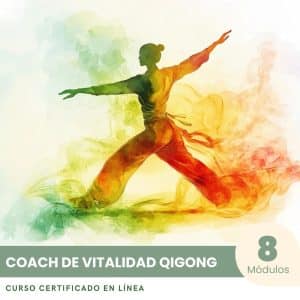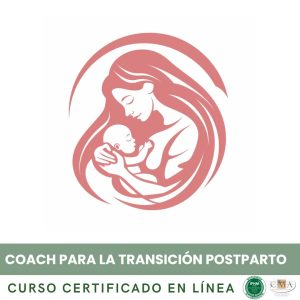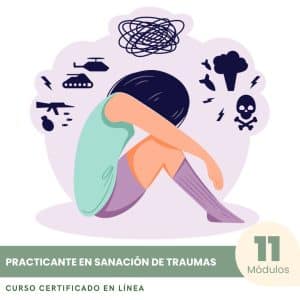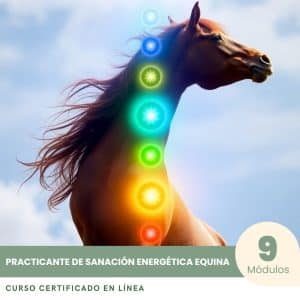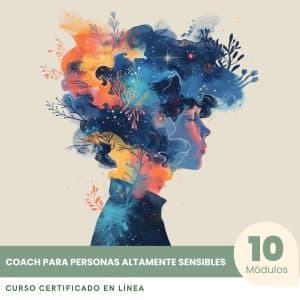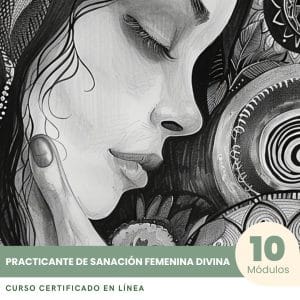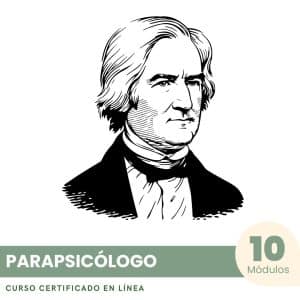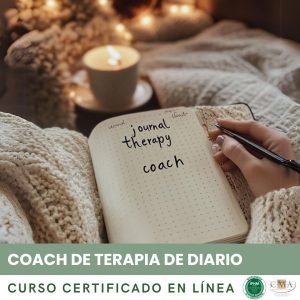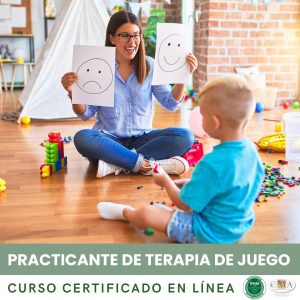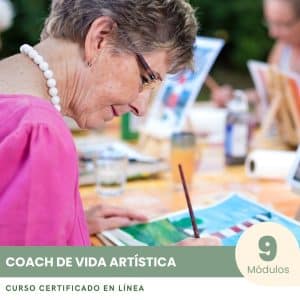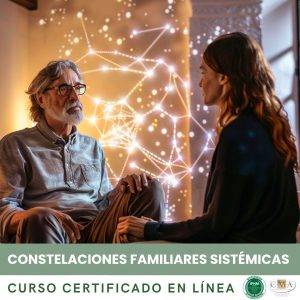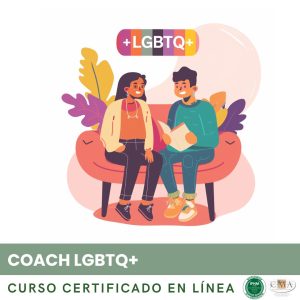4.8 – Validation and Adjustment of Ikigai Over Time

Validating and adjusting one’s Ikigai over time is a crucial step in the process of discovering and realizing one’s purpose. This involves testing one’s hypotheses, experimenting with one’s ideas, and refining one’s vision based on feedback from the field and the evolution of one’s aspirations. It is an iterative journey that requires flexibility, open-mindedness, and perseverance.
To validate one’s Ikigai, it is essential to take action, to confront one’s ideas with reality. This may take the form of pilot projects, exploratory collaborations, or volunteer commitments in areas related to one’s purpose. The goal is to test the resonance and feasibility of one’s Ikigai, to see if one feels aligned and fulfilled in its practical implementation.
For example, if your Ikigai is to “contribute to the well-being of seniors by creating intergenerational connections,” you could start by proposing knowledge-sharing workshops between retirees and students in your neighborhood. By observing the dynamics of exchanges, feedback from participants, and your own feelings, you can validate the relevance of your Ikigai and identify the necessary adjustments.
Validation also involves seeking feedback from trusted individuals, whether they are loved ones, mentors, or experts in fields related to your Ikigai. By sharing your vision and experiences, listening to their constructive feedback, you will be able to refine your understanding of the challenges and enrich your reflection. It is important to keep in mind that feedbacks are gifts, even when they are destabilizing. They invite you to step out of your comfort zone, challenge your certainties, and broaden your perspectives.
The adjustment of Ikigai is a natural process that is nourished by learning and personal evolution. Over the course of your experiences, you will be called upon to refine your vision, adjust your priorities, or explore new tracks. By staying attuned to your deep aspirations, the needs of the world, and emerging opportunities, you can organically evolve your Ikigai.
For example, by engaging in intergenerational projects, you may realize that your Ikigai expands to creating social connections in the broader sense, beyond seniors. You will then be prompted to adjust your statement, explore new forms of engagement, and develop new skills. Adjustment is a sign of vitality, growth, and alignment with oneself and the world.
To support this process of validation and adjustment, it is valuable to cultivate reflective practices on a daily basis. Keeping a logbook, practicing meditation, or having regular exchanges with a coach or a peer group can help you take a step back, clarify your thoughts, and integrate your learnings. By creating spaces for internal and external dialogue, you can navigate calmly through the complexities of your journey towards a living and meaningful Ikigai.
It is important to keep in mind that the validation and adjustment of the Ikigai is an endless process. Your purpose is not a fixed destination, but an internal compass that evolves according to your experiences and aspirations. Embracing this changing nature allows you to continuously reinvent yourself, adapt to the challenges of our time, and contribute to the world in an ever more aligned and meaningful way.
By cultivating an attitude of openness, curiosity, and kindness towards yourself and the world, you will transform the process of validation and adjustment of your Ikigai into an exciting journey, rich in discoveries and inspiring contributions. You will become an explorer of your own life, always ready to embrace change and be guided by your profound reason for being. As Nelson Mandela so aptly put it: “A winner is a dreamer who never gives up.” So dream big, experiment boldly, and adjust wisely, to make your Ikigai a bright beacon in this world in perpetual motion.
Key takeaways:
– The validation and adjustment of Ikigai is an iterative process that involves testing one’s hypotheses, experimenting with one’s ideas, and refining one’s vision based on feedback from the field and the evolution of one’s aspirations.
– To validate one’s Ikigai, it is crucial to take action through pilot projects, exploratory collaborations, or volunteer commitments in areas related to one’s purpose.
– Seeking feedback from trusted individuals helps to refine one’s understanding of the challenges and enrich one’s reflection.
– The adjustment of Ikigai is a natural process that is nourished by learning and personal evolution, by staying attuned to one’s deep aspirations, the needs of the world, and emerging opportunities.
– Cultivating reflective practices on a daily basis, like keeping a logbook, meditating, or having regular exchanges with a coach or a peer group, helps to navigate calmly through the process of validation and adjustment of one’s Ikigai.
– Ikigai is not a fixed destination but an internal compass that evolves according to one’s experiences and aspirations.
– By cultivating an attitude of openness, curiosity, and kindness towards self and the world, the process of validation and adjustment of the Ikigai becomes an exciting journey, rich in discoveries and inspiring contributions.
👉 To download docx (Editable) file click here : Click here
👉 To download PDF file click here : Click here
👉 To download MP3 file click here : Click here
